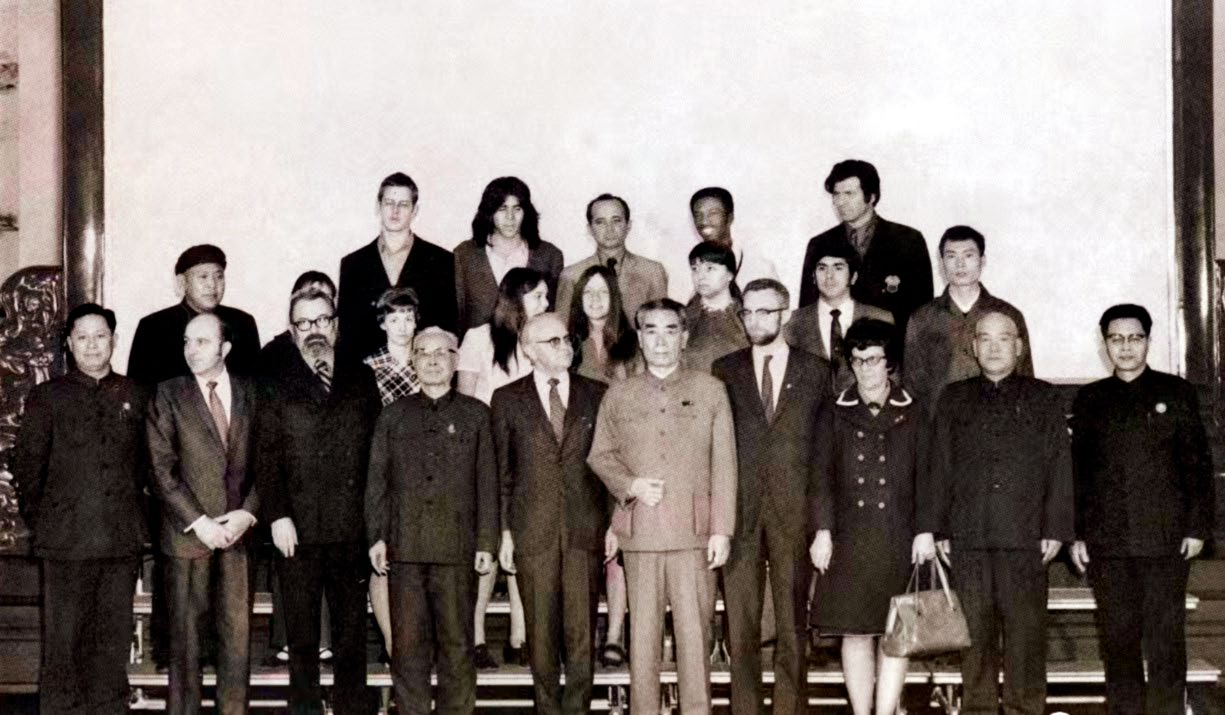Zhou Enlai (1898–1976), the late premier of the State Council of the People's Republic of China (PRC), played a pivotal role in the historical process of normalizing relations between the PRC and the United States of America. During the Chinese People's War of Resistance Against Japanese Aggression (1931–1945), he managed to maintain contact with American official and unofficial personnel on behalf of the Central Committee of the Communist Party of China (CPC).
After the 1950s, Premier Zhou Enlai personally oversaw ambassadorial-level talks between the PRC and the U.S. He was instrumental in refining China's diplomatic strategies towards the U.S., initiating "Ping-Pong Diplomacy" in April 1971, and elevating China-U.S. relations to a new level.
Reflecting on the evolution from confrontation to dialogue in China-U.S. relations today underscores the historical importance and practical significance of Zhou Enlai's diplomatic ideologies and tactics.

On April 14, 1971, Zhou Enlai met with Graham Steenhoven (1912–2006), president of the U.S. Table Tennis Association, and members of the American table tennis team he led to China. [Photo courtesy of Tan Wen]
Opening channels of communication between China and US
Following the signing of the Korean Armistice Agreement in July 1953, Zhou Enlai took a dual approach: He opposed the U.S. government's aggressive and interventionist policies, while also advocating for negotiations to gradually resolve conflicts between the two nations.

